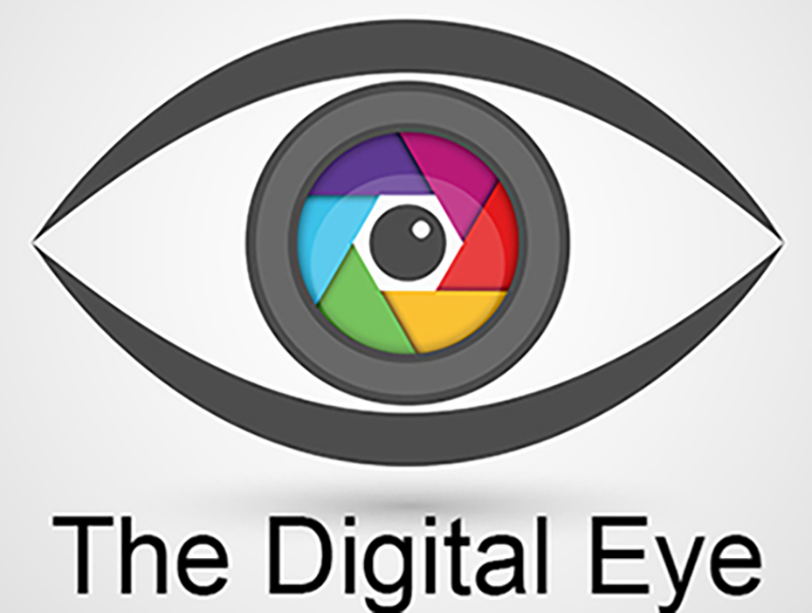The Digital Eye: Guelph Photography Workshops
Email me to let me know you are interested.
A Head Shot Workshop
Better still, sign up on the workshop list to be keep informed about what is happening.
Guelph Learn To Shoot Workshops
I have been a creator and deliverer of business interpersonal skill workshops and a university part time lecturer for years. In 2016, I applied this experience when I created the Mississauga Studio and Portrait Photographers MeetUp.
I ran a series of monthly workshops on photography studio skills such as:
- using the camera in manual mode and with lights triggers,
- setting up and exploring lighting options,
- and posing models) workshop.
They were highly successful.
I am planning to do the same thing in Guelph. I have found a space that will work. My lighting kit is designed to ‘create studio effects’ on location.
The format of the workshops will be the same:
- no more than 8 participants,
- with possibly one person modeling in exchange for images,
worked well.
Why my workshops are different?
Many of the local and Toronto photography workshops that I have attended and follow on the Internet ‘come and shoot the model using the settings we give you’ workshops. They are are not really oriented to teaching people new photography, lighting, and posing skills.
I did not learn a lot from them when I attended them. I do not run these kinds of workshops. I focus on getting you to learn by doing.
Here is what learning by doing can mean.
I want my workshop participants to act as models. You can’t really learn to pose a model without experiencing what it is like to be ‘posed’ yourself.
Here are some of the skills that I am planning on covering in various workshops.
- Shooting Manually – getting control of your DLSR camera.
- The Magic of One Light Modifier – and a cheap reflector
- Rembrandt and Paramount Lighting – Using Speed lights and Rogue Design Modifiers (which are great and reasonably priced).
- 3 Point Lighting – Key, Fill, and Background or Hair
- Soft Lighting – Big Cheap Modifiers to Create Really Soft Lighting
- Hard versus Soft Light – Using Soft Boxes, Reflectors, and Distance to Control the “Shape and Impact” of Light
- Early Morning On Location Light / Evening On Location Light
- Using Light Modifiers on Location – Putting a Studio into a Rolling Suitcase
- Coloring Light – the Amazing Things You Can Do with Gells and Home Made Gobo’s
- Hollywood Glamour Lighting – With Rogue Design Modifiers, Cardboard Snouts, and Speed lights
- Macro Work – with A Hand Held Speed Light
- Product Lighting – It is all About Reflection and Control
- …
What you will get:
- new skills,
- insights into how to get ‘studio’ effects using what is often quite cheap DIY or low cost equipment.
- images that you can use,
- ideas that you can transfer into your photography of family members and friends.
What you need:
- A DLSR type camera that is capable of being operated in manual mode
- that has a standard hot shoe connector for the light triggers.
- A lens suitable for studio work. The best are zoom lens that cover the 35mm to 200mm range.
Most DLSR zoom lenses are really good today, so they will do the trick if they cover the 40mm to 135mm range.
Once you have a base level of equipment, BETTER SKILLS DO MUCH MORE TO IMPROVE THE QUALITY OF THE RESULTS YOU GET than equipment.
The normal workshop cost will be in the $75 dollar range for a 4 hour workshop.
The Elora Gorge, downriver from Elora
